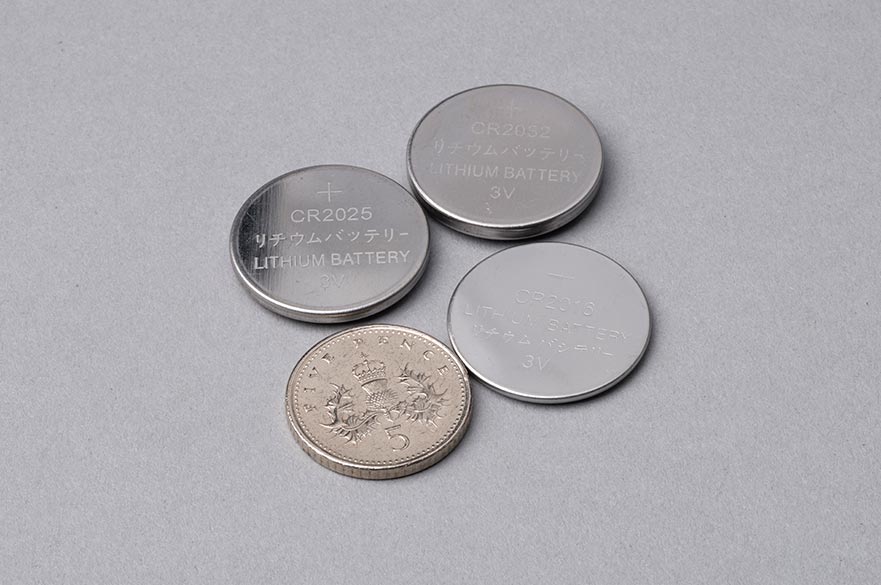Derby City Council Trading Standards team are asking residents to be aware of concerns around the safety of household items that contain button batteries.
The Office for Product Safety and Standards (OPSS) has issued the call following recent incidents including a child who swallowed a button battery without her parents knowledge and is lucky to be alive.
Working with The Royal Society for the Prevention of Accidents, the Chartered Trading Standards Institute, the Child Accident Prevention Trust, and the British and Irish Portable Battery Association, OPSS has produced safety messages on how to keep children safe.
- Larger lithium ‘coin cell’ batteries (about the size of a five pence piece) are the most dangerous
Smaller batteries can be inserted into places such as ears and noses, causing serious injuries for children if undetected.
- Store spare batteries securely
Store spare button batteries securely and out of children’s reach. Be careful when opening multipacks of button batteries to ensure they do not fall on the floor.
- Know what products use button batteries
Ensure that you know what gadgets and toys use button batteries and check that the button battery compartment is secure. Put products with unsecured button batteries out of children’s reach. Under product safety regulations, button battery compartments in toys are required to be secured.
- Educate older children about button batteries
Communicate with older children about the dangers of button batteries including why they should not play with them or give them to younger children.
- Discard dead button batteries straightaway
Dead button batteries can still have enough power to badly hurt a small child. When you remove a button battery, store it securely, and recycle it properly and promptly.
- Act promptly if you suspect a child has swallowed a button battery
If you think your child has swallowed a button battery, take them straight to the nearest A&E department or call 999 for an ambulance. Take the battery packaging, toy, or gadget if you can, to help staff identify the battery. Symptoms may not be obvious. Your child might be coughing, gagging, or drooling, or pointing to their throat or tummy. Unclear or fluctuating symptoms mean it is important to be vigilant. Do not let your child eat or drink or make your child be sick.
